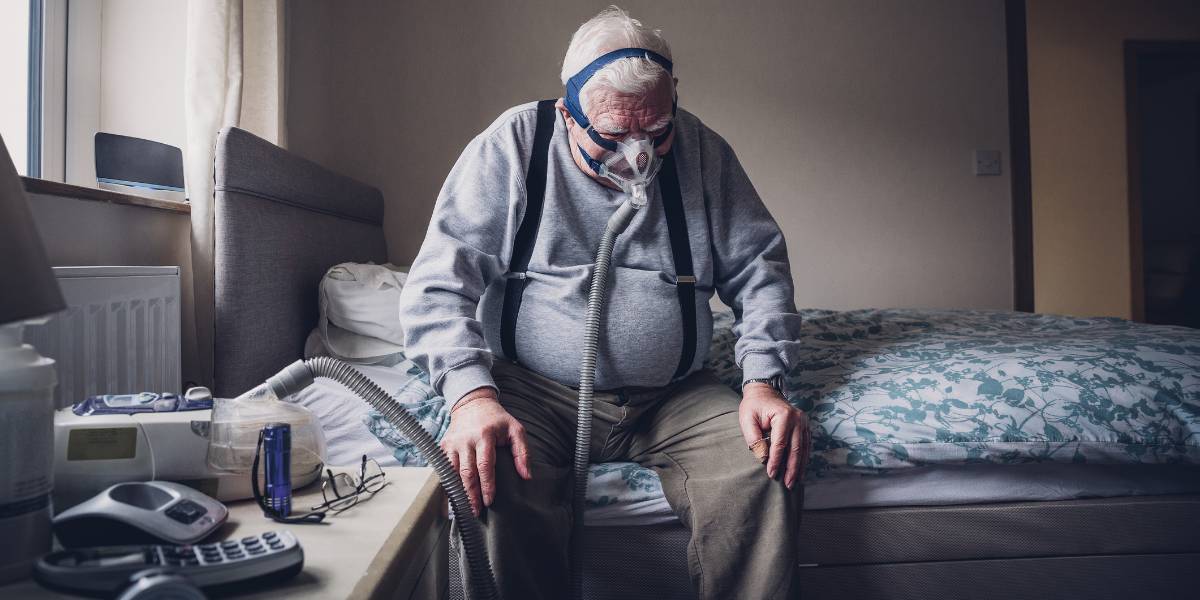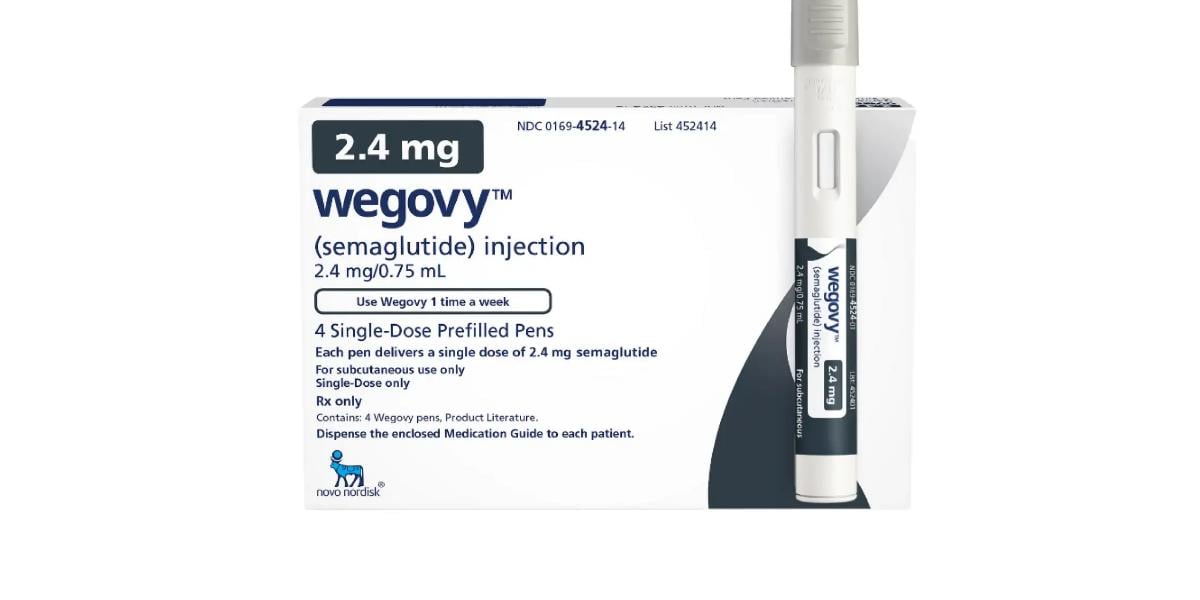People with sleep apnoea could soon be getting a better night’s sleep thanks to the launch of a new chest implant being used to treat the condition.
Obstructive sleep apnoea (OSA) happens when a person’s tongue drops back while they are asleep on their back, blocking their airway.
Now hope is on the horizon with the first people receiving a pioneering chest implant to prevent their breathing from stopping and starting while they sleep.
- Study finds getting 8,200 steps a day reduces risk of high blood pressure, sleep apnoea and depression
- Sleep apnoea and snoring more common in people who watch excessive amounts of TV
While people in America and Europe are already using the device, Guy’s and St Thomas’ (GSTT) Foundation Trust in London is the first NHS care provider to offer the treatment.
The device works by connecting to the nerve that controls the tongue, stimulating the tongue muscle to contract forward and drawing the tongue out of the windpipe to allow normal airflow in and out of the lungs.
It is hoped it will offer relief to people with sleep apnoea, a condition which can increase the risk of stroke and heart disease and means people are more susceptible to accidents, low libido and poor mental health.
People with the implant use a handheld controller to turn the device on and off just before and after sleep. It is ideal for people with moderate to severe OSA who are unable to use a continuous positive airway pressure (Cpap) to help their breathing while they sleep. The Cpap involves wearing a mask to allow air to be blown into the user’s throat so the windpipe doesn’t close.
Yakubu Karagama, a consultant ear, nose and throat surgeon at GSTT, has implanted the device in three people so far.
- Sleep apnoea increases risk of severe COVID-19
- Procrastinating linked to depression, poor sleep and financial problems, research suggests
He said: “Sleep apnoea can cause significant physical, functional and emotional issues as a result of sleep deprivation.
“This treatment isn’t suitable for everyone and many people will benefit from proven, conventional treatments such as Cpap. In a small group of patients who have moderate to severe sleep apnoea, where other treatments have failed, this new device could be a solution. I’m delighted that it is making a huge difference for our patients.”
One of the individuals who received the implant at GSTT said: “My sleep apnoea is down from 36 to 40 episodes per hour to three or four. I feel rested in the morning and get good quality sleep. Hopefully more patients will have access to this treatment soon.”





